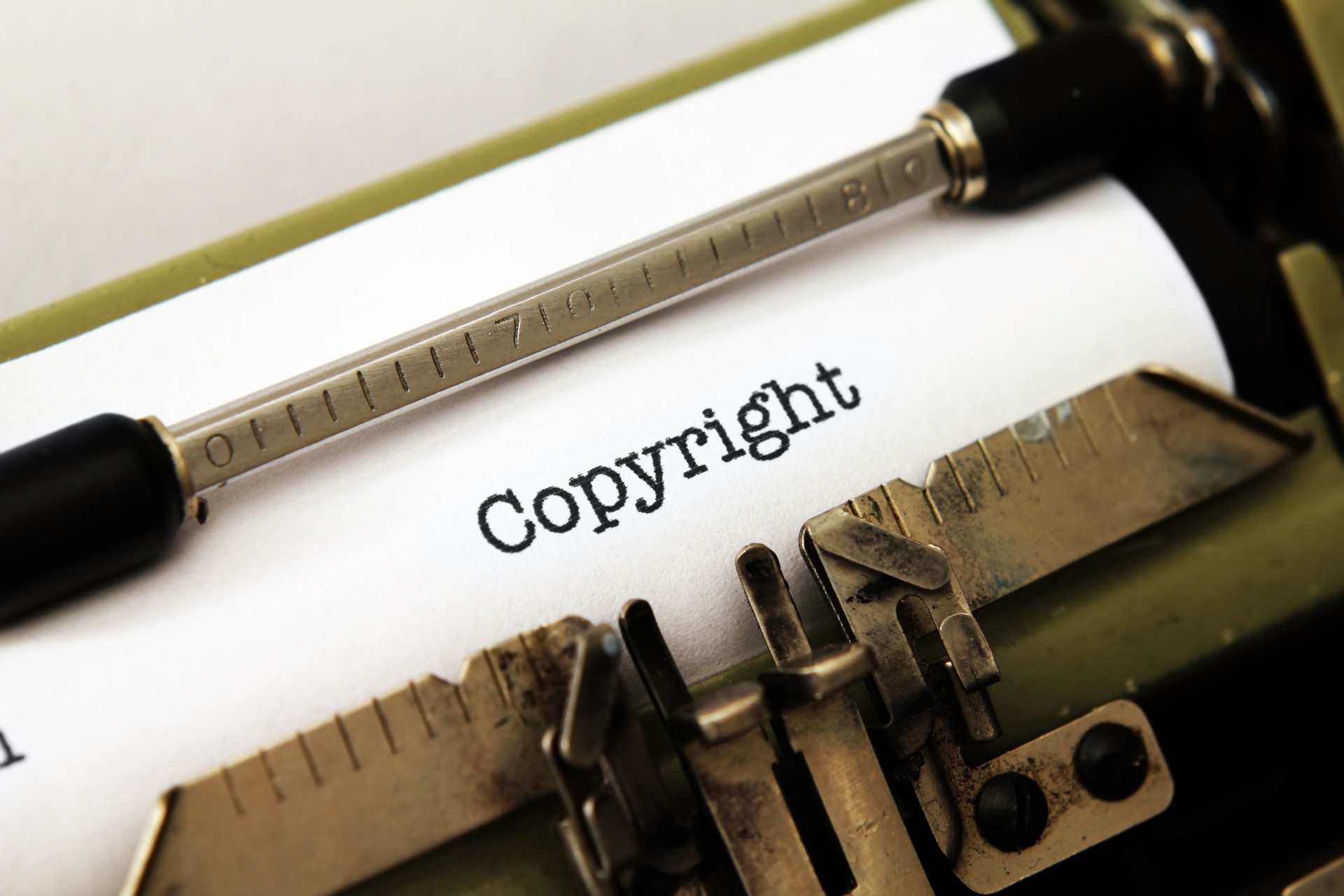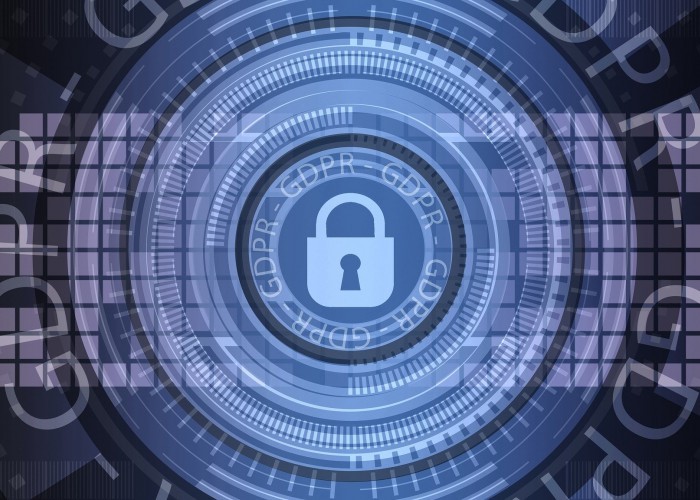
While in the European Union the legislative activities aimed at finalising the official text of the AI Act continue, looking at the international context, in India the Ministry of Trade and Industry recently issued a statement on the intersection between new AI tools and intellectual property rights, responding to some fundamental doubts raised by the Rajya Sabha, the upper house of the Indian Parliament.
Issues raised by the Indian Parliament
In the context of a parliamentary interrogation, members of the Rajya Sabha had asked the government to clarify some central points concerning the development of Artificial Intelligence ('AI') and the consequences this might have with respect to the protection of intellectual property rights. In particular, the questions addressed to the Ministry dealt with the following issues: (i) were there plans to create a separate category of intellectual property rights relating to AI tools? (ii) were there intentions to update copyright law (Copyright Act of 1957) to provide specific protection for works generated with AI? (iii) were there proposals to respond to copyright owners' demands for greater protection in the case of AI training through use of protected works, infringement of moral rights, transparency of sources and payment of royalties?
Many of the perplexities stemmed from the report No. 161 of July 2021 drafted by the Standing Committee on Commerce of the Parliament, which recommended the creation of a new generation of intellectual property rights to protect AIs and their inventions, meaning that the Indian Patent Act and the Indian Copyright Act of 1970 and 1957, respectively, had to be updated.
The response of the Ministry of Trade and Industry: no regulatory change is needed
In a statement published on February 9th, 2024, the relevant Ministry clarified that the current legal framework in India is sufficient to ensure adequate protection of rights over works, both from a civil and a criminal point of view, and the collection of royalties in accordance with international standards, so there is no need to introduce a new and separate category of rights.
Therefore, apparently even works generated through Generative AI systems would be protectable, despite the fact that Section 16 of the Indian Copyright Act refers to “person” as a potential rights holder. Perhaps, the interpretative dilemma will be resolved by attributing to “person” the attribute “legal” and then extending it to include everyone, both users and creators of intelligent systems, and the AIs themselves.
Moreover, the statement turned a short sentence from clarifying to creating doubts since it says that “The exclusive economic rights of a copyright owner […] obligates the user of Generative AI to obtain permission to use their works for commercial purposes if such use is not covered under the fair dealing exceptions provided under Section 52 of the Copyright Act”. It would thus seem that it is the users of Generative AI who must seek the necessary permission before the commercial exploitation of a derivative work with the intervention of the AI. According to others, however, the reference would be to creators of generative AI systems that can be used for commercial purposes, who would have to obtain permission from the rights holders before exploiting protected works for training their machines.
In any case, the unauthorized use of protected works for further exploitation through the intervention of Artificial Intelligence would seem to be forbidden, unless one falls into a case of free use among those listed in Section 52 of the Indian Copyright Act, which deals with “fair dealing” cases similar to those in the United Kingdom, more restrictive than the American “fair use” cases. This includes personal, private use or use for research, criticism or review purposes, communication of current events or affairs, quotation, and would not seem to include training by text and data mining.
A first injunctive order by the High Court of Delhi
Probably with one of the first blocking injunction in this matter, granted ex parte, the Delhi High Court intervened on September 20th, 2023, taking the defense of a well-known Indian actor and dubber (Mr. Anil Kapoor), who complained that his image and copyright had been infringed as several people had exploited his image, voice, speeches or famous phrases online to create fakes modified even with Artificial Intelligence, letting circulate works injurious to his honor and reputation as well as his rights.
The Court made it clear that although it is permissible to talk about a famous person due to the principle of freedom of thought, which also results in the right to information, satire, parody or genuine criticism, such activity cannot cross the line of discrediting and undermining personality rights, beyond which it becomes an unlawful activity. Using a famous person's image to make people believe that he or she will attend an event, in order to collect registration fees, or to market fake merchandising or in general using a person's name, voice, pictures or dialogue through AI in an illegal manner for commercial purposes is unlawful and impermissible. The Court concluded by preventing any future misuse of the plaintiff's data, including by means of AI tools, and by requiring domain name registrars to disclose registrants’ data to the plaintiff within one week.
According to this order, “The Court cannot turn a blind eye to such misuse of a personality’s name and other elements of his persona. Dilution, tarnishment, blurring are all actionable torts which the Plaintiff would have to be protected against” and “the present case shows how the elements of intellectual property that protect an individual's attributes, in fact also affect other dimensions including certain rights protected by the Indian Constitution”.
And if the Courts do not close their eyes, there is a need to ensure that the law facilitates them in this task, without making their work even more complex or uncertain.
For the Italian version click here.


